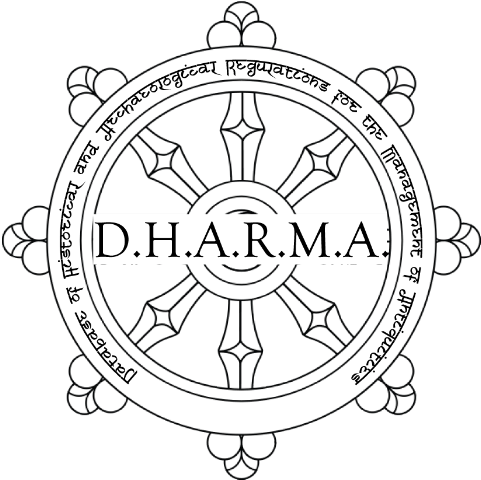Life throws upon us many encounters & challenging situations. Further, there are so many things we are eagerly curious about. The author has tried to answer such daunting questions & expressed them in the form of a rejoinder. Questions like What is the purpose/goal of life?, What is anger / desire?, Questions on food & sleep, What or who is God (in my view)?, What is success & failure?, On Womanhood etc. This book is an honest effort to deftly express my views on vivid topics.
Life is full of curious questions. The questions are never ending. Very
few have known the innate meaning of life; the truth! This earth is
place where we have come to make ourselves stronger and better. Life
brings in new situations, people and different turns. In the classroom
of life, we learn more than we learn in our schools and colleges.
Experiences are our teachers! There is no end to learning.The pupil
within the author seems curious to know more; to experience more. The
curious pupil always questions and sometimes laments about the state of
situation(s). It is a package of void! The urge to know leads us to the
answer. Every question is answer either by external guidance or through
internal introspection. This book contains the answers to all those
questions in life that the author has tried to address until now.
In this book, both the Pupil (Seeker) & the Master (One who answers) are the author's inner voice.
The master is both the tutor within and the Guru without.
This is a very short book. You can read this in your travel time, or before going to bed, or simply read it when you are bored to feel a bit motivated!
You may purchase your copy at: "https://pothi.com/pothi/book/anup-vittal-master-pupil"
For e-book, your may purchase at - "https://www.amazon.in/…/…/ref=cm_sw_r_cp_apa_i_8aUMDbTB6ZT7Z"
(Note: No physical copies are available for purchase through Amazon. It can be read only on Kindle App / Device).
Interested people should definitely read this quick read book.
In this book, both the Pupil (Seeker) & the Master (One who answers) are the author's inner voice.
The master is both the tutor within and the Guru without.
This is a very short book. You can read this in your travel time, or before going to bed, or simply read it when you are bored to feel a bit motivated!
You may purchase your copy at: "https://pothi.com/pothi/book/anup-vittal-master-pupil"
For e-book, your may purchase at - "https://www.amazon.in/…/…/ref=cm_sw_r_cp_apa_i_8aUMDbTB6ZT7Z"
(Note: No physical copies are available for purchase through Amazon. It can be read only on Kindle App / Device).
Interested people should definitely read this quick read book.





